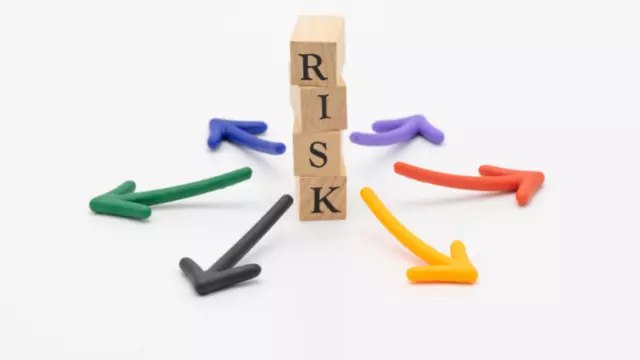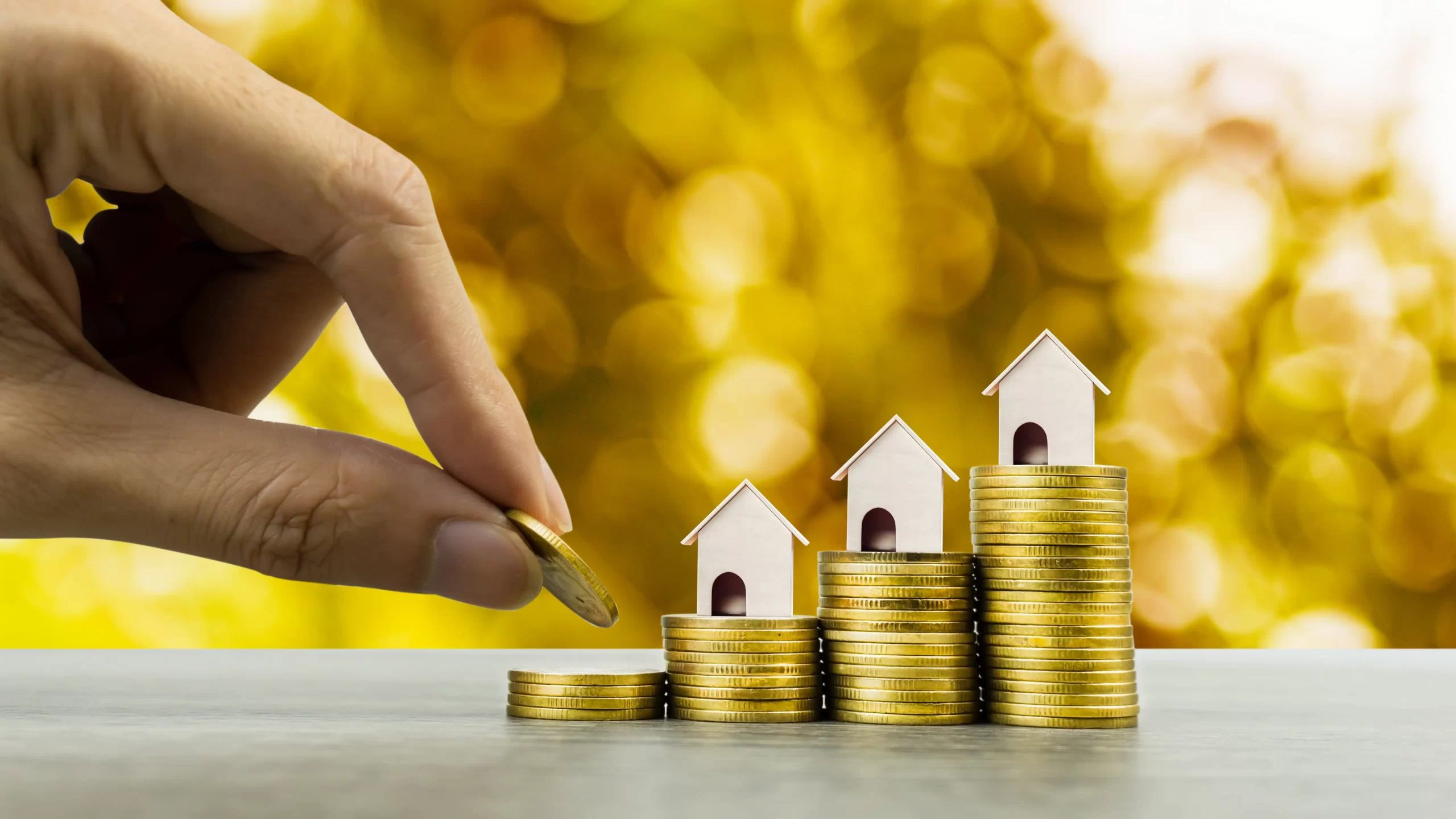If you’re looking to get into the property investment game, you’ve probably come to the right place. There are so many opportunities available, and the good news is that you’re in the right place to learn how to succeed. You’ll discover exactly what you need to know to become a successful property investor as you continue reading.
Let’s look at some of the best ways for you to start investing in property.

Learn the Basics of Property Investment
Learning the basics can help you in any investment endeavour. Even if you think you’re an expert, it’s essential to know real estate investing fundamentals to inform your decisions better.
What are the basics that you should learn? First and foremost, you need to understand the property cycle. The fluctuating trend of demand, supply, and pricing affects all real estate investments. Knowing the cycle will help you determine when to buy and when to sell to make the most of every opportunity.
If you want to invest in commercial real estate, you’ll want to know the difference between cash-flowing and non-cash-flowing properties. You can break it down into income-producing properties and investments. Income-producing properties generate revenue through rent, and investments may appreciate value, but they don’t generate any income.
Research is Key
When you’re investing in real estate, you need to conduct thorough research on your area, the property itself, and the specific investment opportunity. For example, before you decide to make an offer on a property, you should know as much as possible about the location, the building itself, and the neighbourhood. By gathering as many facts as possible and doing your research, you can make more informed decisions to lead to a better property investment experience.
Have a Plan
Before you invest any money, you should have a plan. While it’s good to be open-minded when looking at opportunities, you also want to make sure that you’re investing in properties that have a good chance of success. A good plan will help you move forward without being too conservative with your investment dollars.
Your plan should include how you’ll acquire your first property investment, conduct your due diligence, and exit strategy. Your exit strategy is the most crucial part of your plan. You need to have a precise plan for selling your property, and you need to stick to it.
Understanding the Market
You can’t determine the success of an property investment based on whether or not you like a particular area. So while you should research the local real estate market, you should also try to keep an eye on the national market.
By keeping an eye on the national market, you can get a feel for what’s happening in the industry. This kind of analysis can help you determine when to make your move, and it can also help you identify when markets are overvalued or undervalued.

Finding the Right Property
When buying your first investment, you want to make sure that you select the right property. The first thing you need to do is identify your investment goal. For example, are you investing for cash flow, or are you investing for appreciation? Once you decide what your goal is, you can look for properties that fit the bill. Your goal will help you narrow down your search, and it will also help you decide what properties to keep an eye on.
Finding the Best Deals
When you’re looking at buying property as an investment, deals matter the most. You need to find good deals, and you need to be able to spot bad deals. When you identify a great deal, you need to be able to recognize when it’s gone wrong so that you don’t get taken advantage of.
Most real estate investors will tell you that good deals come along once every few months, but you need to be ready to pounce on them when they do come along. First, you need to be ready to identify a deal that you think you can turn into a good investment. You can do this by researching, having a plan, and following the tips provided above.
Keeping Costs Down
As you’re aware, successful investing requires a substantial amount of upfront capital. This is true whether you’re buying your first investment or your twentieth. So first, you need to have the capital available to you to invest, and then you need to be able to hold onto that investment and wait for it to generate income.
One of the best ways to keep costs down when investing in real estate is to invest in a cash-flowing property. These properties don’t require any mortgage payments or other debt-related expenses. That means that you can make more money, spend it faster, and earn more interest on your money than if you put that money into a traditional savings account.

Diversification is Key
Real estate is a volatile investment, and this volatility can cause many headaches for investors. The best real estate investors diversify their portfolios to help mitigate the risk involved with real estate investing. By diversifying your real estate portfolio, you can help reduce your overall investment losses while still enjoying the potential for significant gains.
There are various ways to go about this, but the basic idea is to own a variety of properties. You can choose to focus on buying cash-flowing properties or invest in properties that provide some level of appreciation. Either way, you want to ensure that you’re not putting all of your eggs in one basket.
It would be best if you had a property portfolio strategy.
As you’ve seen, there are various ways to become a successful real estate investor. While some of these strategies are easier to implement than others, you must choose the right one for you. A property portfolio strategy is essential to becoming a successful real estate investor.
Your strategy should include information such as – The types of properties you want to buy, The amount of money you want to invest in each property, How long you’re willing to hold onto each property, and Where you’re going to hold each other property.
Where is the property located?
- Location is still at the top of the list for real estate profitability.
- Amenities (schools, hospitals, malls, airports, etc.), neighbourhood ranking, view from home, and peace are all important factors in residential property prices.
- However, if you are trying to invest in commercial buildings, search for locations that are close to marketplaces, warehouses, transportation hubs, freeways, and tax-free zones.
- You must consider all of these considerations in the long run.
- Determine how the neighbourhood is projected to change during the investment period.
- If today’s serene open atmosphere is transformed into a noisy manufacturing site in the future, the value of your home will fall.
- Your investigation should involve a detailed examination of the ownership, kind, and intended use of nearby areas, establishments, and free property in the region.
How much is the property worth?
Real estate value includes a wide range of factors, including mortgage finance during the buying process, listing price during the sale process, investment analysis, insurance premiums, and taxation.
There are three approaches you can take.
- Approach based on sales comparison: Compare sales of properties with similar attributes. This is possible for both new and old houses.
- Approach to Cost: This is appropriate for newly constructed properties. To determine this, take the total cost and subtract the depreciation.
- The income strategy is suited for rentals because it is based on predicted cash inflows.
What is the goal and time span of the investment?
Property investing has low liquidity but a great return on investment. So, if you lack understanding before investing, you may be putting yourself in jeopardy of unanticipated financial trouble, especially if the transaction is mortgaged.
- Understand the goal of your investment, just like you would with any other financial endeavour.
- Buy and self-use: To save money on rent, gain the benefits of self-utilization, and increase the value of your property.
- Buy and lease: Choose this option if you desire a consistent income as well as long-term value appreciation. If this is your aim, prepare to become a landlord and accept all of the obligations that come with it, such as dealing with potential conflicts and legal difficulties, managing tenants, and performing repairs.
- Buy & Sell (Short Term): If you want a rapid but not-so-substantial profit, go for under-construction properties and sell them at a little higher price once finished.
- Buy and Sell (Long Term): If you are seeking solutions for long-term goals such as retirement planning, kids’ education, and so on, choose large value appreciation over a longer period of time.
What are the anticipated cash flows and profit potential?
- Your cash flow and thus profit prospects will be dictated by the purpose and use of your property investment. Make a rough draught of your forecasts for different types of investments.
- Expected cash flow from rental revenue: Inflation benefits landlords when it comes to rental income.
- Long-term price appreciation is expected to boost intrinsic value.
- The Benefits of Depreciation (and the Tax Benefits Available)
- Before selling, conduct a cost-benefit analysis of the refurbishment to acquire a higher price.
- Mortgage loan cost-benefit analysis vs. value appreciation
What exactly is a home loan?
- Loans have unanticipated fees. You can risk committing your future earnings to this investment and wind up paying a lot of interest over a long period of time. However, if you understand the hidden expenses and risks involved, you can gain from this investment with careful planning.
Be aware of the following:
- Choose the best sort of mortgage loan for you (fixed rate, adjustable floating rate, interest only, or no down payment).
- Be careful of the terms and circumstances, as well as any other fees imposed by financiers.
- Shop around for a better deal – cheaper interest rates, lower insurance premiums, or a waiver of processing fees, if possible.
Real estate investing: New Construction vs Existing Establishments
- New builds are offered at reasonable prices, with the option to customise them with the facilities you require.
- Risks include a delay in ownership, an increase in prices, and a lack of information about the surrounding area.
- However, if you are interested in pre-possessed properties, conduct a comprehensive investigation into ownership, papers, and legal issues.
- You can reduce risks by learning about the industry.
- Ask lots of questions about real estate investing and get into the market well-informed.
The Final Word
When you’re investing in real estate, it can feel like there are a lot of opportunities that are ducking for deals. However, the good news is that you don’t need to be an expert to find success in real estate investing. You can learn how to invest in property to become a successful real estate investor by following these tips.
FAQ
Is property investment a good idea?
Yes, property investment can be a good idea, but it depends on your goals and objectives. If you’re looking for long-term wealth creation, then investing in property can be a good option. However, if you’re looking for immediate income, then property investment may not be the best option. It’s important to do your research and understand the risks involved before making any decisions.
Why property is not a good investment?
There are a number of reasons why the property is not a good investment, including the fact that it is illiquid, has high transaction costs, and is subject to market fluctuations. In addition, property can be difficult to manage, and it may take a lot of time and effort to keep it in good condition.
Can property investment make you rich?
Yes, property investment can make you rich. It is one of the most popular ways to become a millionaire. Many people have become millionaires by investing in property. However, it is not a get-rich-quick scheme and it takes time, patience, and perseverance to become a property millionaire. The key to success in property investment is to buy the right property at the right price and hold it for the long term.
Also Read:
- Dholera SIR good investment option?
- How To Find The Best Property Insurance.
- 5 Tips for Successful Property Management.
- How to Sell Your Home: A Step-by-Step Guide
- Pre Foreclosure: What It Is and How to Avoid It
